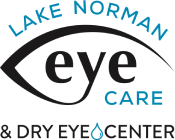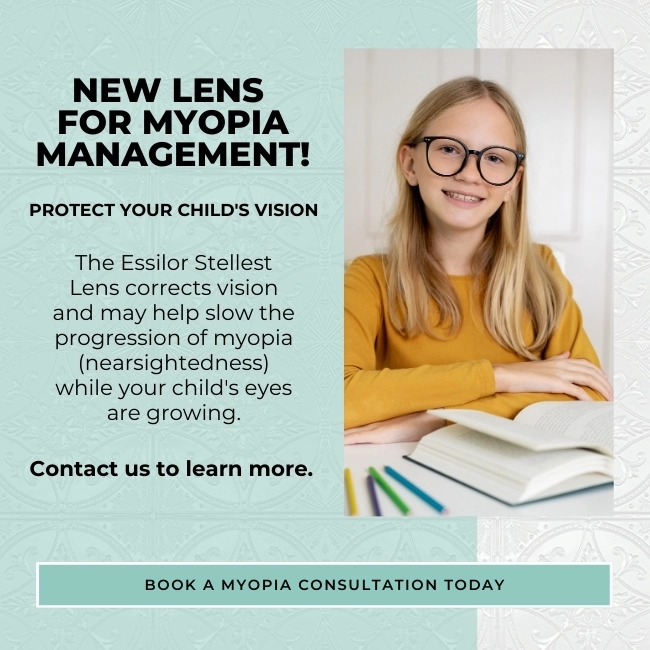As an optometrist for 30 years, one of the most common (and frustrating) symptoms my patients with autoimmune conditions experience is dry eyes. So, what’s the connection? Let’s break it down.
Your Immune System and Your Tear Film
Your immune system is designed to protect your body—but in autoimmune diseases, it misfires and starts attacking your own healthy tissues. When this happens to parts of your tear-producing system, the result is dry eye disease.
Autoimmune conditions that frequently affect the eyes include:
- Sjogren’s Syndrome (most directly affects tear and saliva production)
- Rheumatoid Arthritis
- Lupus
- Thyroid Eye Disease (Graves’ disease)
- Psoriasis and Psoriatic Arthritis
These conditions may cause inflammation in and around the eyes, damage the tear glands, or interfere with the oil glands that help keep your tears from evaporating.
Two Ways Autoimmune Disease Triggers Dry Eye
1. Reduced Tear Production (Aqueous Deficiency):
In diseases like Sjogren’s syndrome, the immune system attacks the lacrimal (tear) glands directly. That means your eyes can’t produce enough of the watery component of tears, leaving your eyes feeling dry, irritated, or like they have sand in them.
2. Increased Tear Evaporation (Evaporative Dry Eye):
In conditions like rheumatoid arthritis or rosacea, inflammation affects the meibomian glands—small glands along the eyelid margins that produce oil for your tears. Without enough oil, your tears evaporate too quickly.
Common Symptoms You May Notice
If you have an autoimmune disease, you may already be familiar with these symptoms:
- Burning, stinging, or gritty eyes
- Light sensitivity
- Fluctuating or blurry vision
- Tearing (yes, watery eyes can actually be a response to dryness!)
- Red or inflamed eyelids
- Contact lens intolerance
Over time, untreated dry eyes can lead to damage on the surface of the eye and significantly affect your quality of life.
How We Diagnose Autoimmune-Related Dry Eye
At our office, we take a tailored approach to dry eye care, especially for patients with autoimmune disorders. A thorough evaluation may include:
- Tear film testing (to measure tear quality and quantity)
- Meibomian gland imaging (to assess the oil glands)
- Ocular surface staining (to identify surface damage)
- Inflammation markers (to detect underlying immune activity)
- This helps us understand not just that you have dry eyes—but why
Treatment Options That Help
- Treating autoimmune-related dry eye often requires a more advanced, multi-layered approach:
- Prescription anti-inflammatory eye drops (like cyclosporine)
- Steroid drops for short-term flare-ups
- Punctal plugs to keep natural tears on the eye longer
- Moisture goggles or humidifiers for nighttime dryness
- Omega-3 supplements to improve tear quality
- In-office treatments like Optilight IPL or ILux to unclog oil glands
- Autologous eye drops in severe cases (made from your own blood)
Working closely with your rheumatologist or specialist can also ensure your systemic disease is under control, which may help stabilize your eyes, too.
The Bottom Line
If you have an autoimmune condition and your eyes are bothering you, you could have dry eyes. You are not imagining it—your symptoms are real, and they’re common.
The good news is that there are proven, effective treatments available. And the sooner we treat it, the more we can preserve your comfort and protect your vision. You don’t want to look back in a year and wish you felt as good as you do today!!
At Lake Norman Eye Care in Mooresville, NC, Dr. Angela Harris and Dr. Mason Williams specialize in helping patients manage chronic dry eyes, especially those with autoimmune disease. If you’re struggling with symptoms, we’re here to help you find lasting relief. Schedule a dry eye screening now.
704-799-2233 lakenormaneye.com



